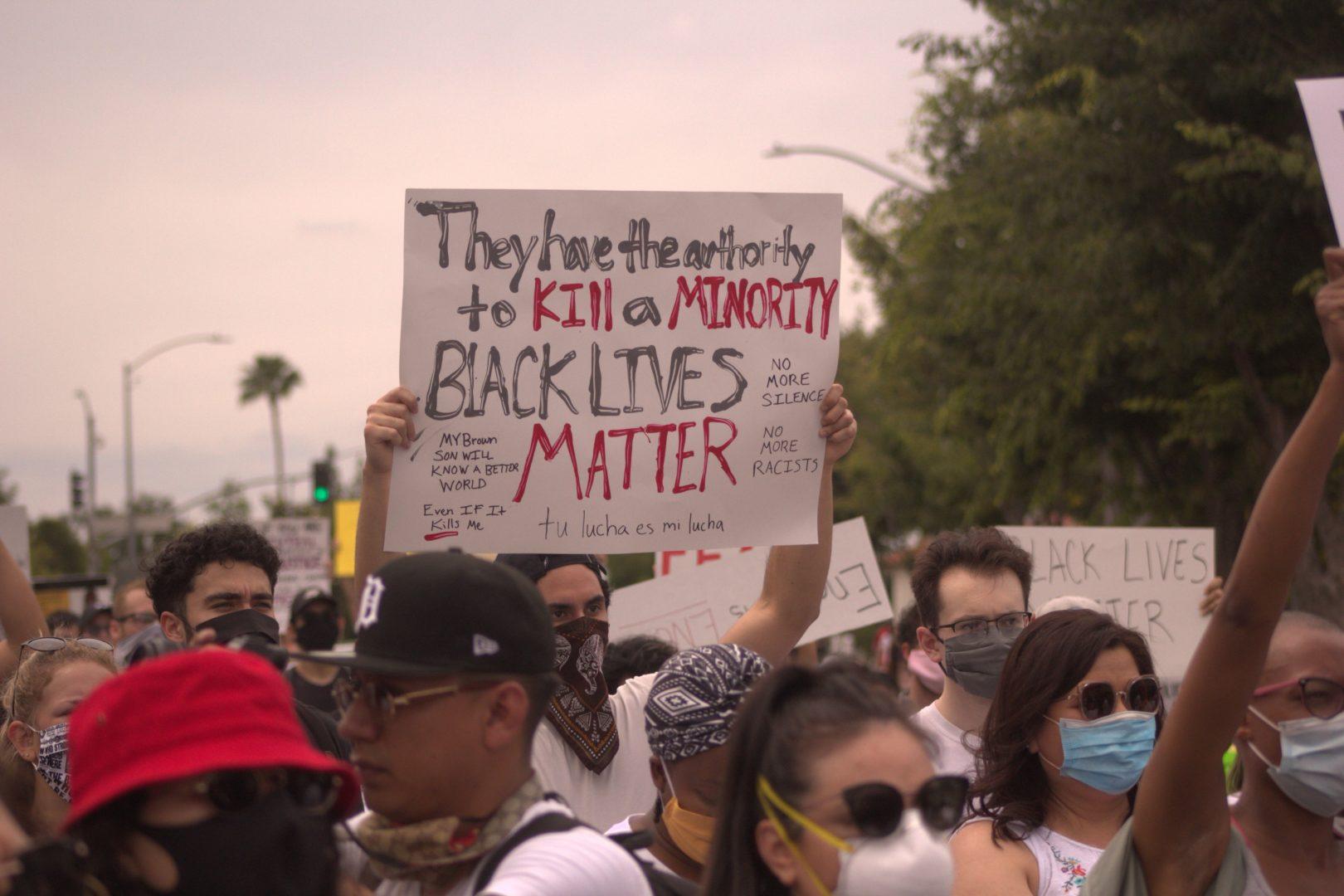I shouldn’t have to say it, but there seems to be some confusion: Black people do not have to earn the right to live. We do not deserve to be executed, regardless of what we may or may not have done.
Why is it that when a white cop kills an unarmed black man, many people of color can identify the pattern of discrimination, hostility and abuse based on skin color, but white people claim it is the black person’s fault?
While at the same time, a white person committing a crime can be treated with care and respect regardless of his or her past.
On Sunday, Aug. 23, footage of another police shooting went viral. Jacob Blake, a black man who lived in Kenosha, Wisconsin, was shot seven times.
The video shows Blake walking away from multiple officers who have their weapons drawn. Blake walks around his car to the driver side and opens the door to get in when one officer grabs his tank top and shoots him in the back.
According to Benjamin Crump, an attorney hired by the family, Blake was breaking up a fight between two women when officers arrived to respond to a domestic incident.
Patrick Salvi Jr., another attorney representing the family, said Blake did not have a weapon in his car. Blake’s three sons, ages 3, 5 and 8, were inside the car.
Blake’s father, Jacob Sr., said that Blake suffered multiple injuries, including paralysis from the waist down.
Following the shooting, protests against police brutality broke out in the city of Kenosha.
As black people attempted to make their voices heard, Blake’s past became a trending topic.
Andy Ngo, a well known right-wing commentator, used Twitter to share a history of alleged charges filed against Blake.
“Jacob Blake, the man shot by police in Kenosha, Wisc., has a history of assaulting police. He also has past charges for domestic abuse & a sex crime. There’s a warrant for his arrest. BLM rioters are currently destroying the city to avenge the shooting,” Ngo tweeted.
Although the charges are completely unrelated, Ngo and many of his followers felt that Blake’s history, in some way, justified the shooting. Implying that if a black person wants to avoid being executed in the street, the person has to be perfect.
On Aug. 25, Kyle Rittenhouse, a white teenager from Antioch, Illinois, was arrested and charged with first-degree murder in the shooting of two people and the injury of a third at a Jacob Blake protest in Kenosha.
Dozens of eyewitness video footage of Rittenhouse shooting protesters were uploaded to social media.
In one video clip from the beginning of the night, police officers can be heard telling the armed brigade Rittenhouse was a part of, “We appreciate you guys, we really do.” The officers even offered the armed men some water.
In another video, Rittenhouse gives a hurried confession, saying, “I just killed somebody.”
Video footage from a different angle, shows witnesses tending to a man who has been shot in the head. Rittenhouse is seen running down the street.
At one point Rittenhouse is tackled to the ground, and he then fires his weapon at attackers. Another person appears to be shot by his long gun.
Police attended to the injured while Rittenhouse walked away.
Rittenhouse proceeded to walk toward authorities with his gun on his chest. He was not stopped or cuffed but allowed to exit the scene.
Even after being charged, local law enforcement and some media outlets made a point to humanize Rittenhouse.
Unlike Blake, Rittenhouse’s humanity was kept front and center, preceding his “mistake.”
An assumption of innocence seems to be attached to whiteness, regardless of the circumstance.
Whiteness doesn’t require any questioning, it does not require distortion of character. Is there something inherently different when it involves black people?
We must truly ask ourselves, what is it about black people that makes the use of excessive force, brutality, and in some instances, murder justified?





